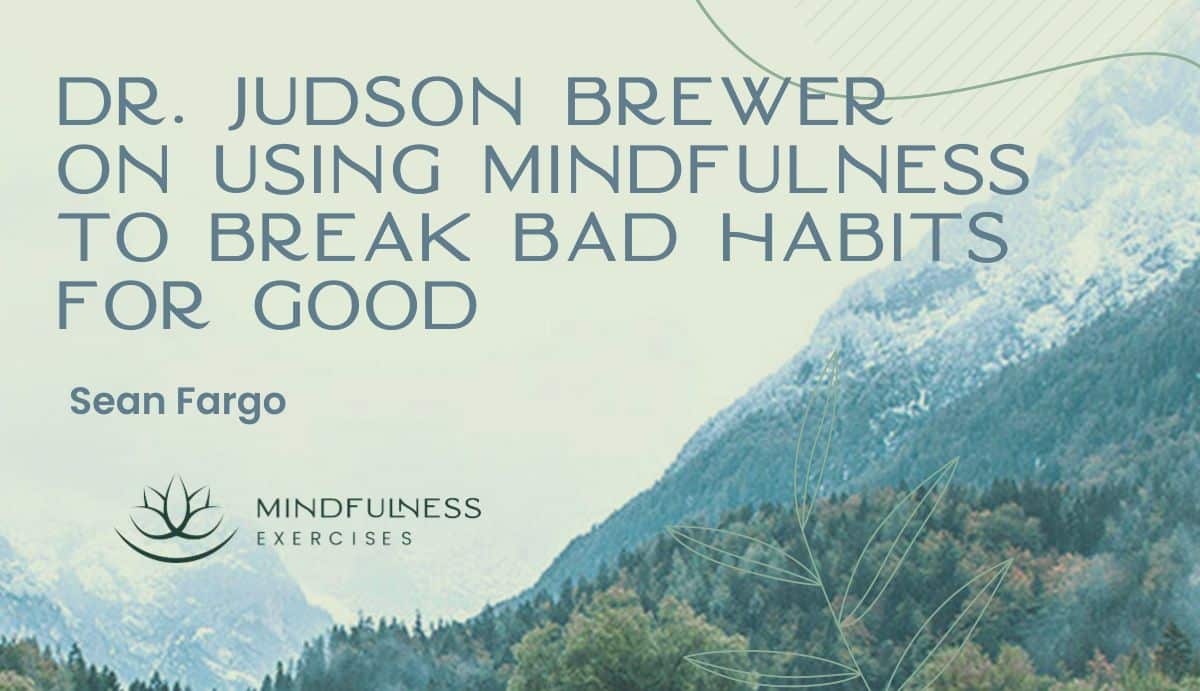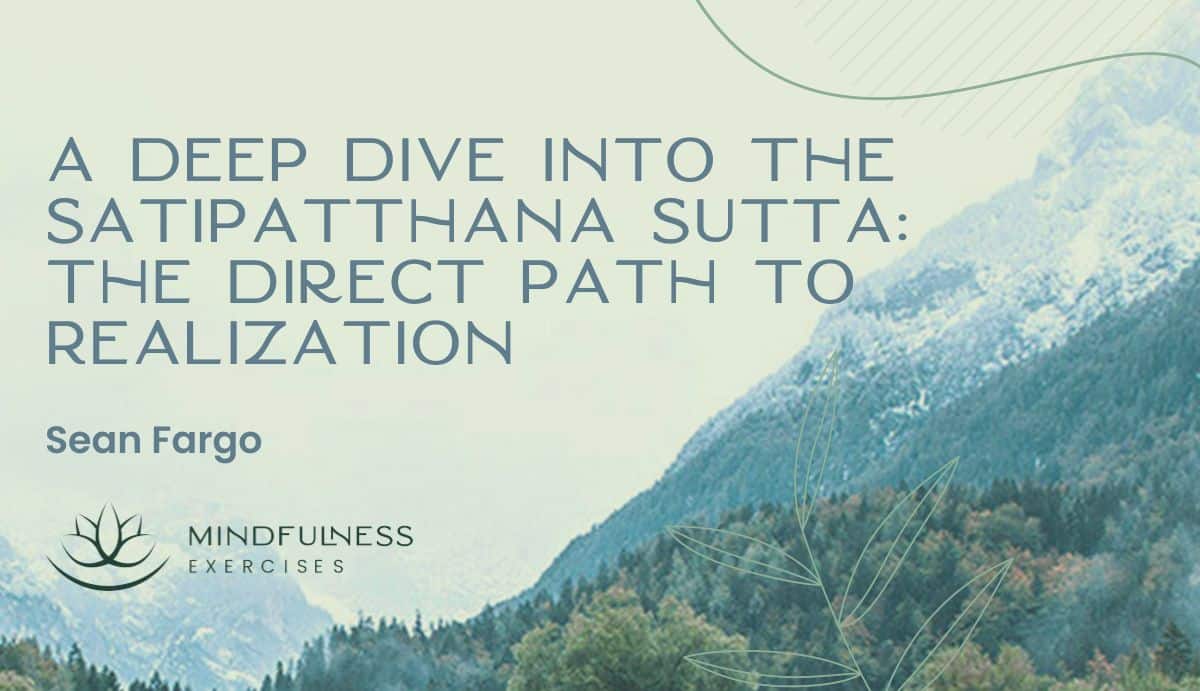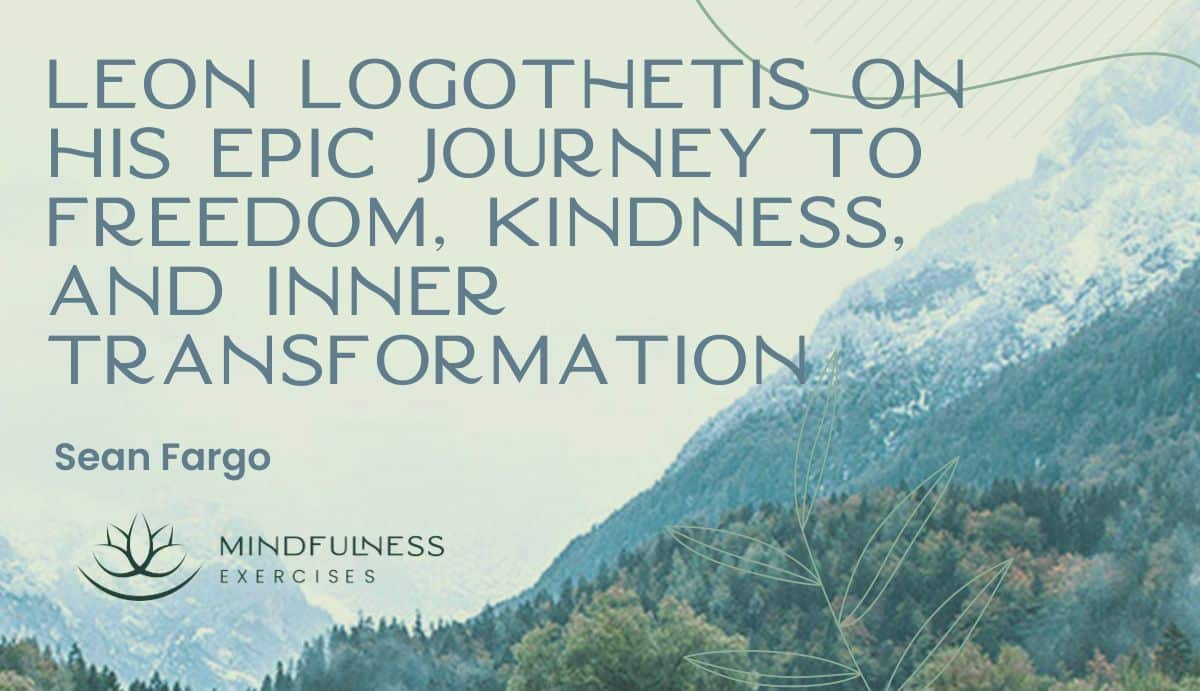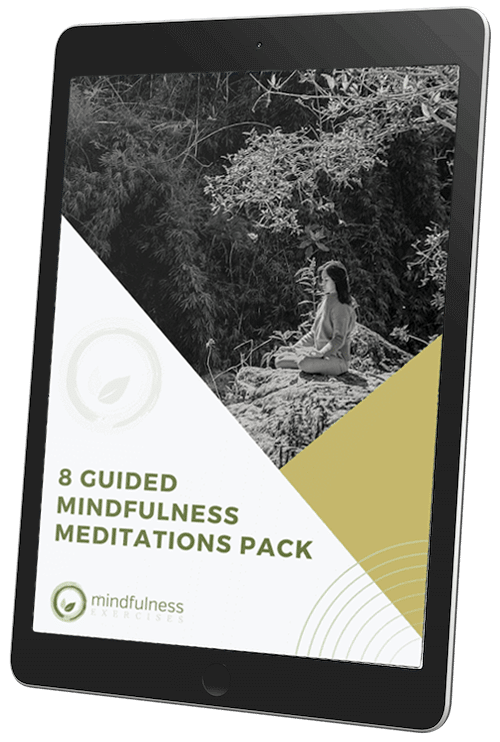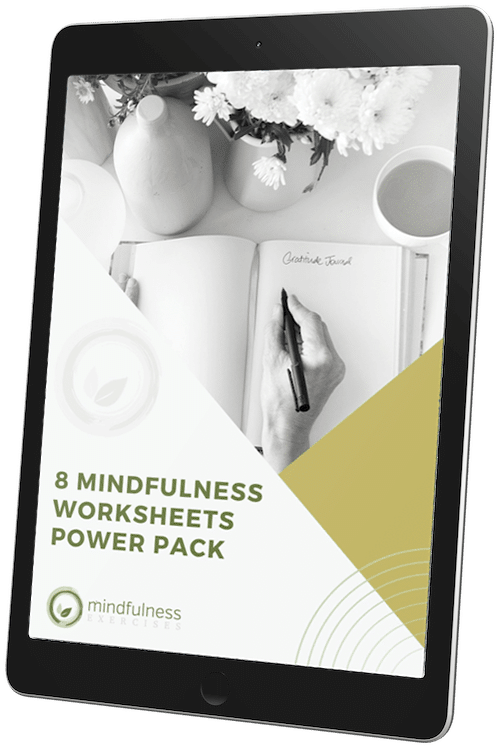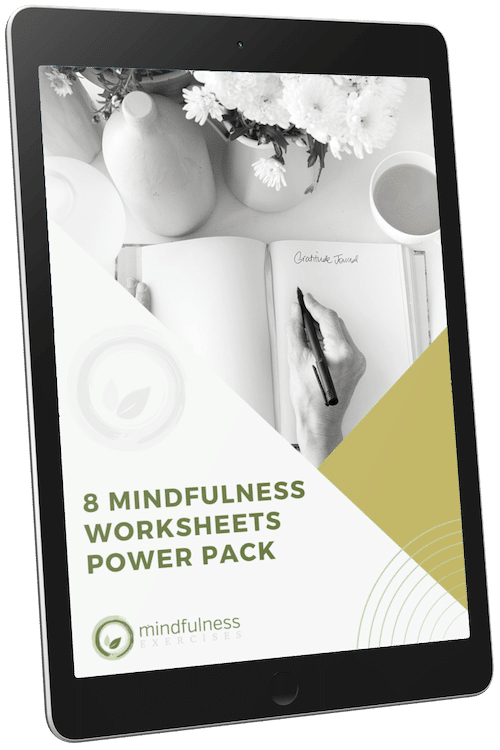Listen now
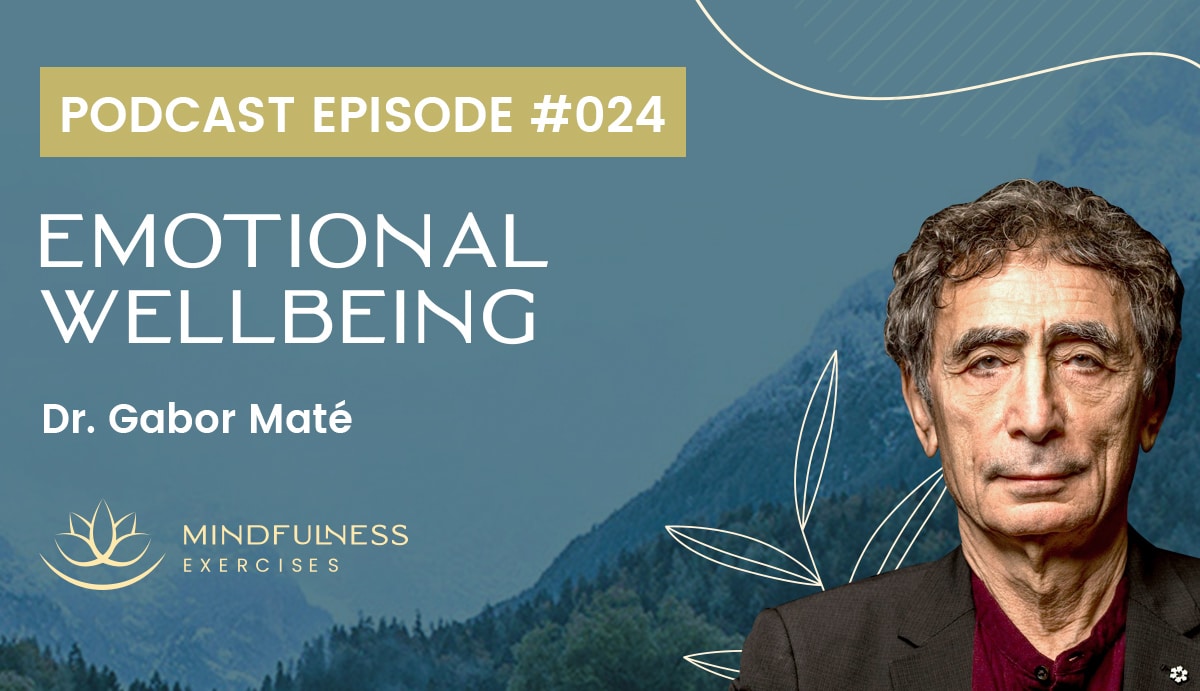
Anxiety, depression, auto-immune disease, addiction and suicide have been on the rise in the United States since even before the COVID-19 pandemic. So what’s going on? Typically, we glaze over this question and focus instead on labeling people with diagnoses and medicating symptoms.
In this episode, Dr. Gabor Maté presents a means of healing, which begins with mindfulness of our emotions. By weaving together scientific research, case histories, and his own insights and experience, he presents an enlightening method of empowering people to promote their own healing and the healing of those around them.
This podcast is an excerpt of a longer interview with Gabor, presented to trainees in the Mindfulness Exercises Mindfulness Meditation Teacher Training Program. Find out more about that program at teach.mindfulnessexercises.com
Show Notes:
The emotional and the immune system
Healthy anger plays a role by protecting our boundaries. Rage keeps us safe by keeping out what is unhealthy. The immune system plays a similar role. It keeps out what’s unhealthy, and allows in what is good for us. In fact, studies show that when we suppress healthy anger, we suppress the immune system.
“What I find is that most commonly repressed are the rage and the panic and grief. Now, when you repress anger, healthy anger, you’re actually suppressing your own immune system. Why?[...] In a nutshell, mind and body cannot be separated [...] So the repression of healthy anger and sadness and grief, it undermines your physiology.”
Choosing guilt over resentment
It’s often said that living with resentment is like drinking poison while hoping someone else will feel the pain. As children, we may have learned to repress healthy anger, or say ‘yes’ when we felt ‘no,’ so as not to disturb or lose important relationships. This builds resentment which, ironically, sabotages these same relationships. Until we become confident expressing our true feelings, we may feel guilt. But when given a choice between guilt and resentment, the former is better.
“When there’s a No that needs to be said, you can choose guilt, or you can choose resentment. Go for the guilt. The resentment is poison…It’s hard, but go for it, you’ll be a lot healthier for it. Eventually, the guilt will give up by the way.”
On the righteousness of holding onto emotions
Why do we tend to suppress certain emotions, yet fiercely hold on to others? Dr. Mate suggests this is not because we think some emotions are more acceptable or better than others but because we enjoy the energy we get from particular emotions. If we have trouble letting go of anger, for example, it may be because we benefit from the illusion of strength or a sense of righteousness. Mindfulness helps us recognize when we’re doing this, which opens the door to compassionate inquiry.
“If I’m holding on to [anger], I’m getting some payback. What’s the payback? I get to be right and I get not to examine myself, which for a lot of us, is a huge payoff. I don’t have to take responsibility, I’m a victim. So, there’s a lot of egoic payoffs. This is where mindfulness comes in.”
Why Dr. Maté never advises anyone not to judge
We often describe mindfulness as awareness that’s free from judgment. And yet, judgment is not a conscious choice, it’s something that occurs spontaneously. Rather than telling others not to judge, a more effective approach can be inviting them to observe their judgments with kind curiosity. We can even become mindful of how we judge our judgments. And the more we do this, the less automatic judging becomes.
“Now, that could be very rich material for self-awareness and self-knowledge. So I’m always very curious about people’s judgments. So, don’t judge yourself for judging, just be curious about the judgment, it will always tell you something unresolved about yourself. [...] Inevitably, what we’re judging in somebody else is always something that we’re rejecting in ourselves.”
The myth of compassion fatigue and words of wisdom for helpers
Compassion is our true nature, so why would it make us tired to have compassion for others? We get tired not because we have too much empathy, but because we lack boundaries. When we practice self-compassion, healthy boundaries naturally arise. Dr. Gabor Maté suggests bolstering our self-care with two primary practices. The first is learning to say no. The second is personal self-care, which includes both individual and relational practices.
“For those of you who are in relationships, that’s the most important spiritual work you ever do. [...] Where the rubber really hits the road is in a relationship. And it’s in a relationship that you’re going to find out just who you really are. [...] Looking at yourself honestly in the context of a relationship is really essential.”
Resources
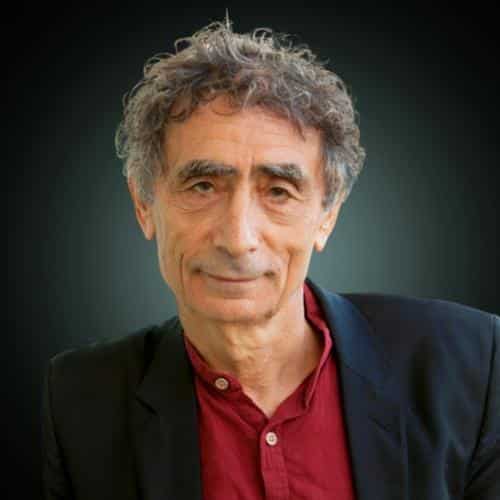
About Dr. Gabor Maté
Dr. Gabor Maté is a renowned speaker and best-selling author, known worldwide for his expertise on addiction, trauma, childhood development, and the relationship between stress and illness. His 4 best-selling books include In The Realm of Hungry Ghosts: Close Encounters With Addiction, and When the Body Says No: The Cost of Hidden Stress. His latest book, The Myth of Normal: Trauma, Illness & Healing in a Toxic Culture is scheduled for a September 2022 release.
Compassionate inquiry is a psychotherapeutic approach, developed by Dr. Maté, which evolved out of his experience working in family practice, palliative care, and with those suffering from addiction. The therapy, which gently uncovers the childhood trauma and suppressed emotion at the root of illness, is now used by thousands of therapists, physicians, and counselors internationally.

